Introduction: The Paradox We Live
We live in a world where your phone knows your next thought before you do.
Your playlists finish your sentences, your emails draft themselves, and your favorite chatbot (hi ) may just write better poetry than you ever could in high school.
It’s 2025, and Artificially Intelligent, Authentically Human intelligence has shifted from science fiction to daily companion. But here’s the tension we can’t ignore:
In becoming more artificial, are we losing what makes us human?
This blog is a personal exploration — not from an ivory tower of tech jargon, but from the messy, beautiful middle where people and machines meet.
LEARN MORE : https://digitalmohit.co.in/
Chapter 1: We Built It — But It’s Building Us Too
It started subtly.
Auto-correct made you sound smarter. Smart replies saved a few seconds. A chatbot handled your bank query with suspicious charm.
Then came ChatGPT, DALL·E, Sora, and beyond. Now, AI writes emails, edits videos, generates music, and even helps people process grief.
We thought we were building tools. But slowly, the tools began shaping us.
- We write with AI.
- We think through AI.
- We filter the world by AI.
Like all revolutions, this one didn’t ask for permission. It just updated overnight.
Chapter 2: Conversations with Code
Let me tell you a story.
A friend of mine used ChatGPT to write a breakup text. She didn’t want to be cruel, but she couldn’t find the right words. The AI did.
Another friend used AI to create bedtime stories for his daughter — ones that included her name, her favorite stuffed animal, and the word “sparkle-poof” (don’t ask).
“It knew exactly what she needed to hear,” he said. “Better than I could have written.”
In both cases, people felt more human because of AI — more expressive, more articulate, more emotionally fluent.
So is it fake if it’s real to us?
Chapter 3: Morality in the Machine Age
But let’s not romanticize it too much. AI raises hard questions:
- If an algorithm decides your loan, is that fair?
- If an AI creates a painting, who owns the art?
- If a chatbot gives you mental health advice, should you listen?
We’re in a moral gray zone — one where ethics lag behind innovation.
Human intelligence has always been messy, biased, brilliant. Artificially intelligence reflects us, sometimes too well.
The danger isn’t that AI becomes more human.
It’s that we become less so — outsourcing empathy, creativity, even conscience.
Chapter 4: What Stays Human
Here’s what AI can’t do (yet, and maybe never will):
- Feel goosebumps during a live concert.
- Cry while reading a letter from a loved one.
- Regret.
- Forgive.
- Fall in love on a park bench in a city you’ve never been to.
These aren’t just quirks. They’re what make life life.
In a world where AI becomes omnipresent, maybe the most radical act is to stay authentically human:
- Say something imperfect but real.
- Create something messy and meaningful.
- Make space for slowness, silence, and soul.
Final Thoughts: The Mirror and the Light
AI is a mirror. It reflects our brilliance, our biases, our blind spots.
But it’s also a light — revealing what matters, what’s missing, and what must remain sacred.
Being “artificially intelligent” is no longer optional. It’s the water we swim in.
But being authentically human? That’s our choice. That’s our legacy.
Let’s not forget to choose it.
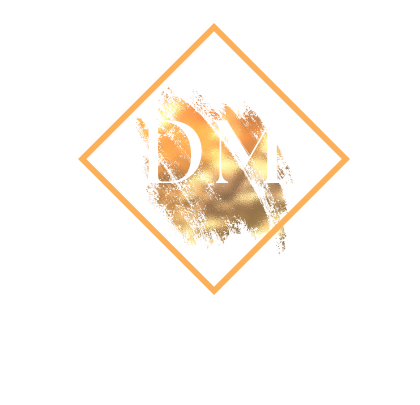
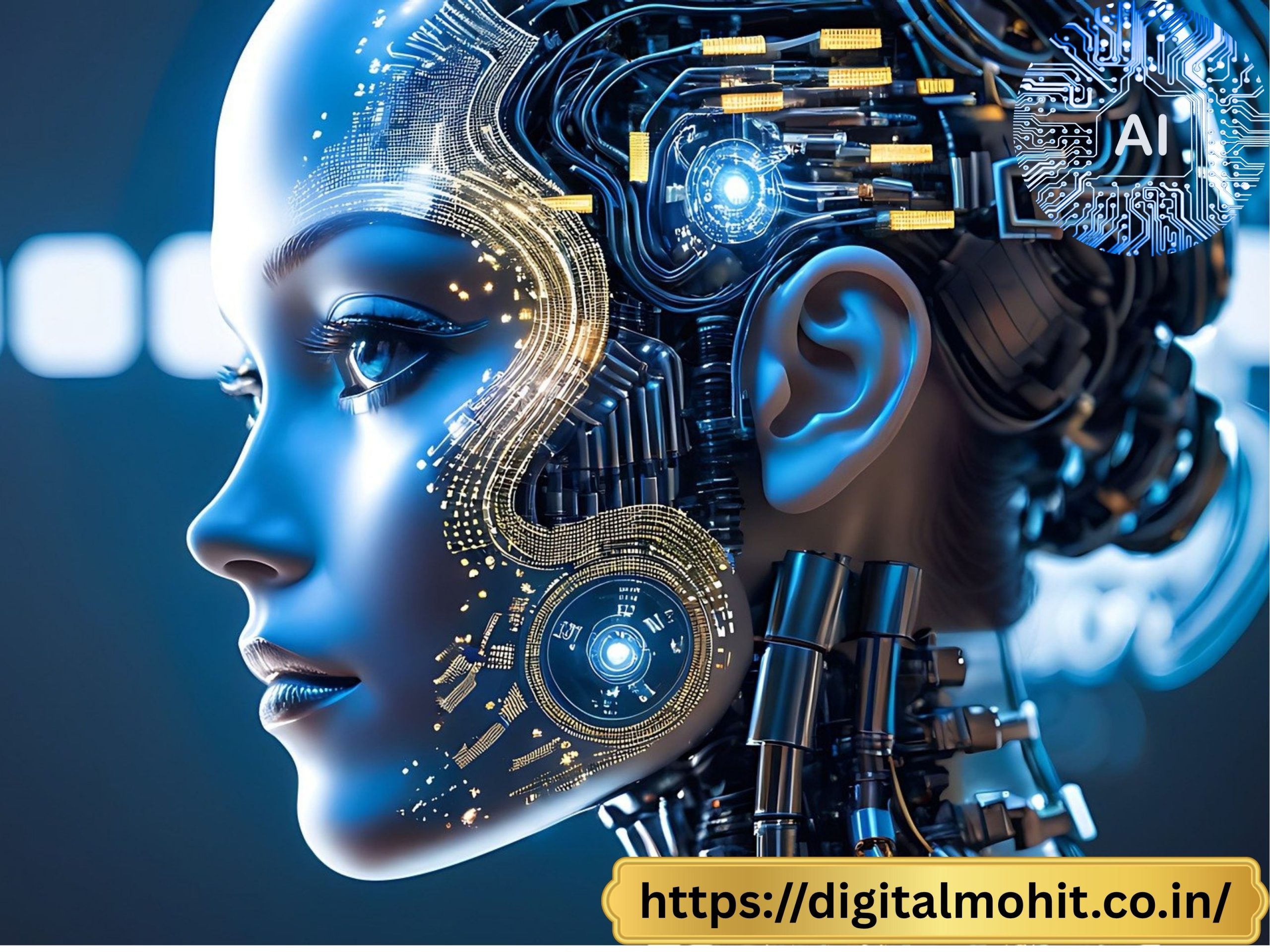



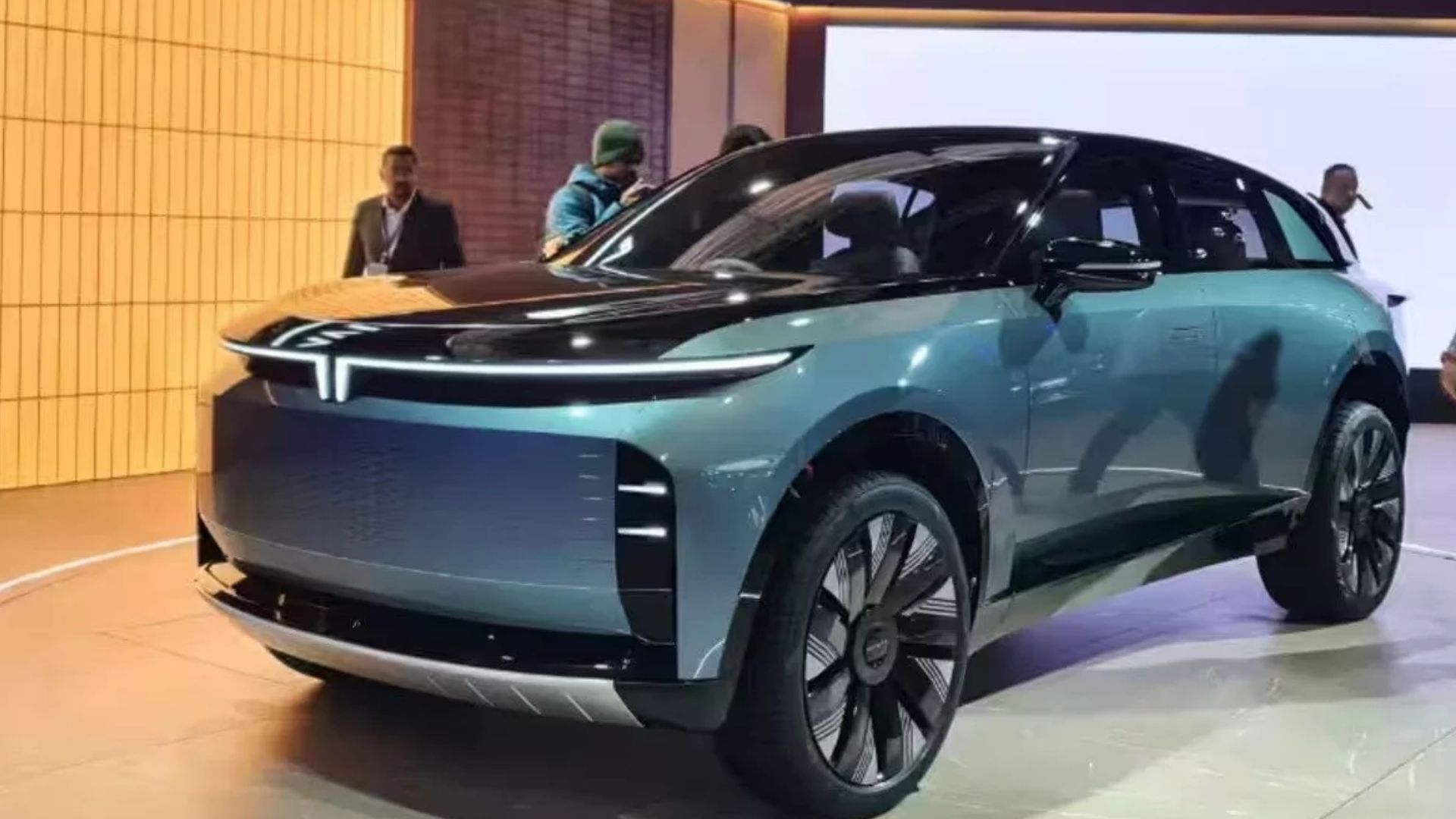
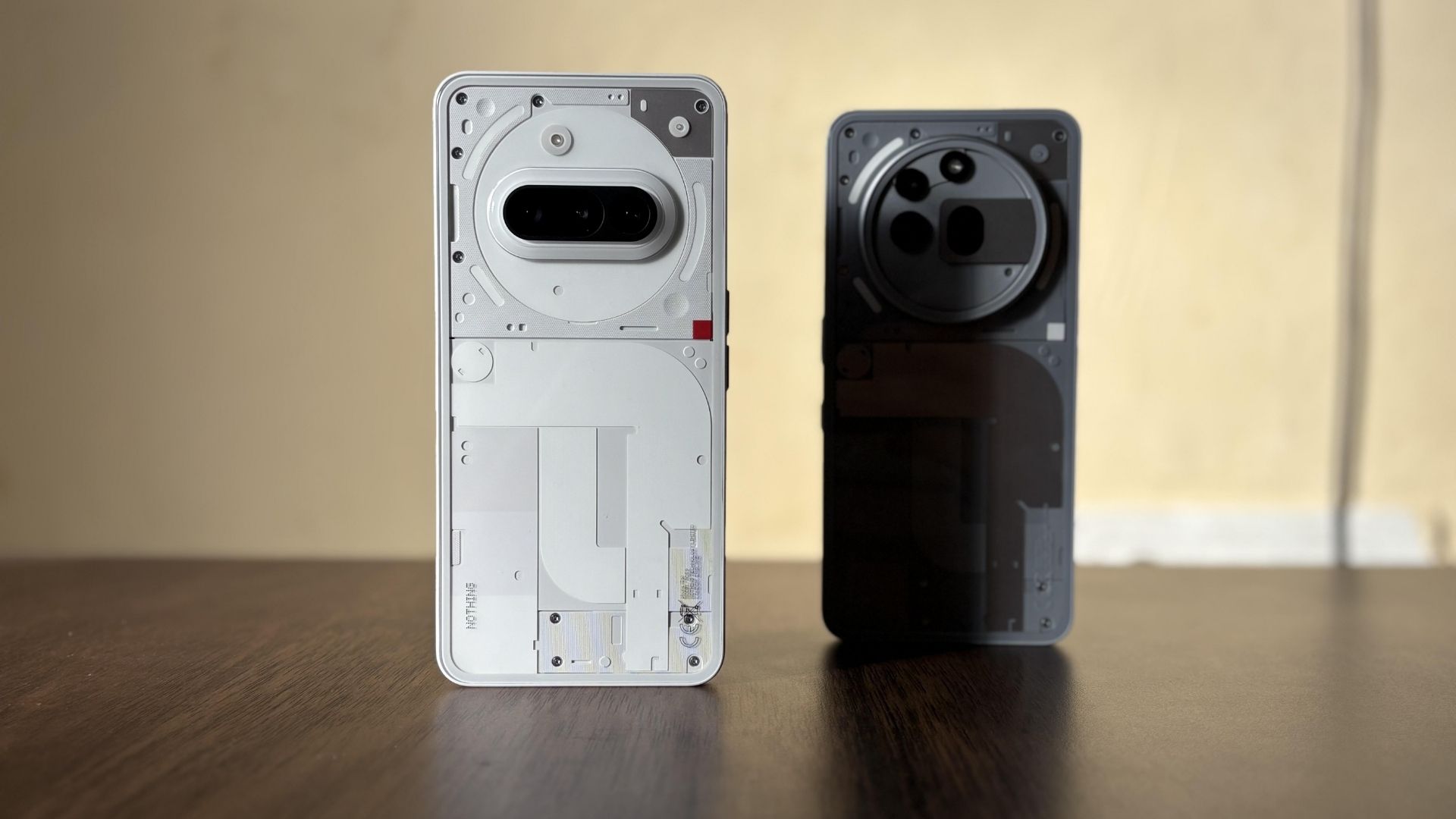

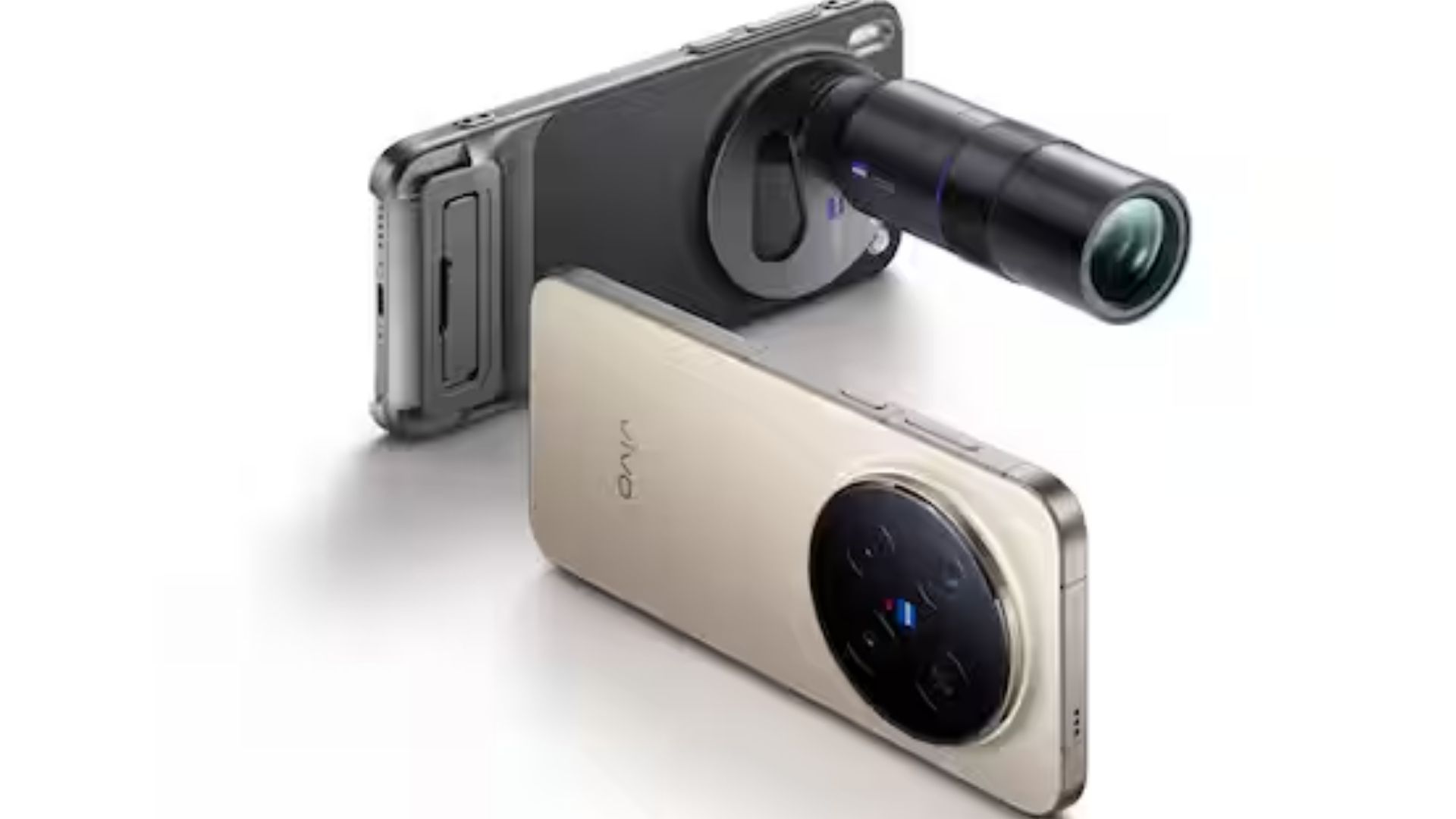

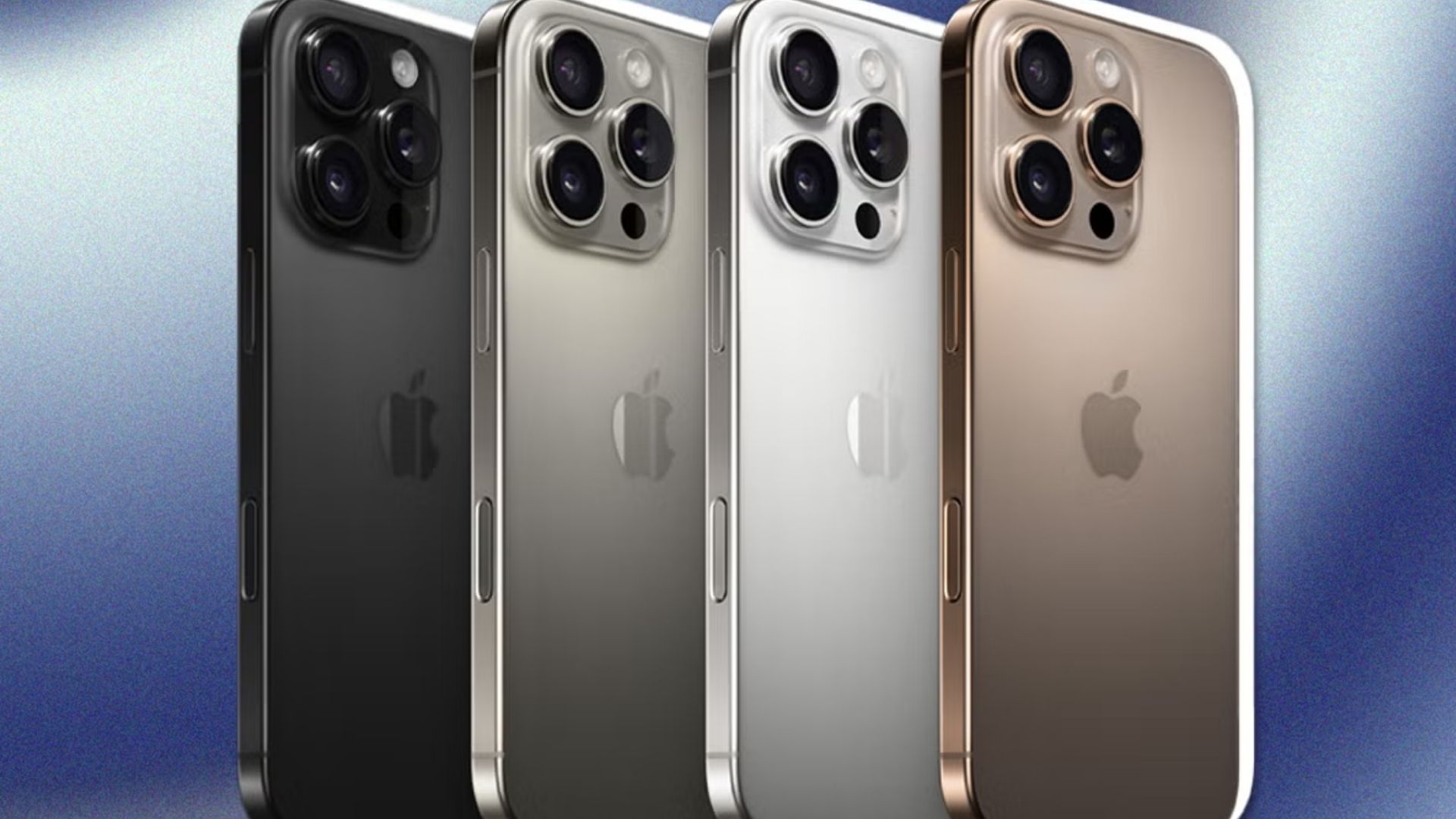
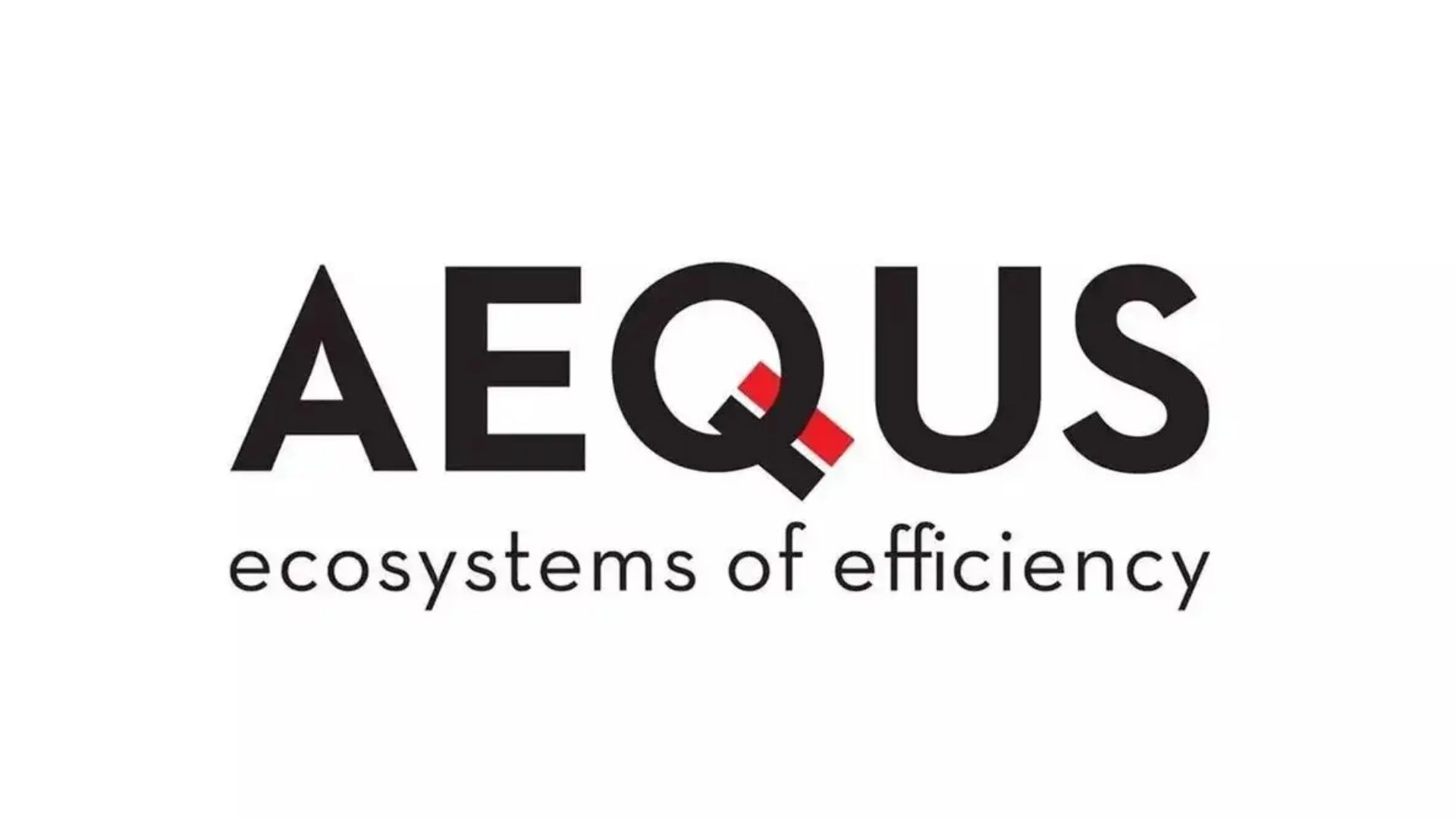




Leave a Reply